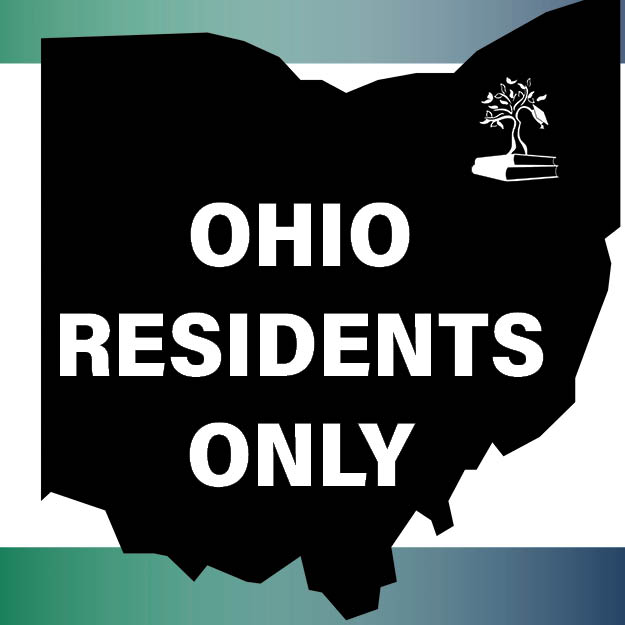Defining Acronyms, Abbreviations, and Jargon Used In Adult Education

~Understanding the Adult Ed Alphabet Soup~
Most people have childhood memories of letter-shaped SpaghettiOs® or alphabet soup, quick, and inexpensive warm meals served by busy parents. But as adults, the term “alphabet soup” takes on a far less nostalgic meaning.
LOL. IDK. IRS. APB. GED. RTA. Technology has changed the way we communicate and it can sometimes feel like “alphabet soup” acronyms have taken over. To make matters worse, every industry has them, and that can be intimidating.
To battle alphabet soup, our friends at the St. Luke’s Foundation have a “no acronyms” policy when they visit Seeds. We like this approach so much that we’ve prepared a glossary of common adult education alphabet soup – the acronyms, abbreviations, and organizations that are part of the Seeds experience, as well as some common terms.
Bookmark this page. We’ll link to blog posts that explore these terms in the future.
- ABLE = Ohio Adult Basic and Literacy Education, now called Aspire, a network of organizations that provide FREE assistance for adult education and training, including high school equivalency, computer literacy, and more.
- Accommodations = modifications made to tests or test conditions that allow people with physical disabilities, learning disabilities, or English-language ability to demonstrate their knowledge or skills. These may include additional time, breaks, someone reading the test questions to you, etc.
- Aspire = Formerly known as ABLE, a network of organizations that provide FREE assistance for adult education and training, including high school equivalency, computer literacy, and more.
- COABE = Coalition on Basic Adult Education
- Common Core = an educational initiative that establishes consistent standards across the states to ensure that students graduating from high school are prepared to enter higher education or the workforce. All three HSE tests are based on these standards.
- Data Desert = A term indicating a lack of recent research can be applied to adult education.
- Depth of Knowledge, DOK, Webb’s DOK = the complexity or depth of understanding required to answer or explain. The concept of depth of knowledge was developed by Norman L. Webb in the 1990s.
- DJFS = Department of Job and Family Services
- Digital Literacy = knowledge, skills, and behaviors utilized in use of digital devices such as computers, tablets, and smartphones. Ability to navigate the web, use email, social networking, etc. From as simple as utilizing a mouse to as complicated as building a PowerPoint.
- Functional Illiteracy = math, reading, or language skills at or below a 4th grade level.
- GED® = General Education Diploma or Development, originally released in 1942 for soldiers who left high school to go to war. Revised most recently in 2014. Often incorrectly used synonymously with “high school equivalency.”
- HiSET = High School Equivalence Test created by Educational Testing Service. An equivalency test like the GED® or TASC.
- High school equivalency test, or HSE test = refers to any 1 of the 3 tests accepted in place of a diploma: GED®, TASC, HiSet.
- Illiteracy = when a lack of math, reading, or language skills negatively impact an individual’s ability to function. Below-4th grade levels can affect the ability to understand medication instructions, read bus schedules, interpret maps, or help children with schoolwork.
- Khan Academy = an online source of practice exercises, instructional videos, and personalized learning.
- Literacy = the ability to read, write, and demonstrate proficiency at math, technology skills, problem solving, and decision-making.
- National Literacy Act = signed in 1997, declares education a civil right, regardless of age.
- Numeracy = part of literacy, the ability to understand and work with numbers.
- OAACE = Ohio Association for Adult and Continuing Education
- TASC = Test Assessing Secondary Completion, a high school equivalency test like the GED® and HiSET.
- TABE = Test of Adult Basic Education. The test students take during Seeds’ Orientation to determine initial skill level.
- WIOA = Workforce Innovation and Opportunity Act, passed in 2014, states that the core purpose of adult education is to prepare individuals to succeed in postsecondary education and the workforce.
# # # KLK



